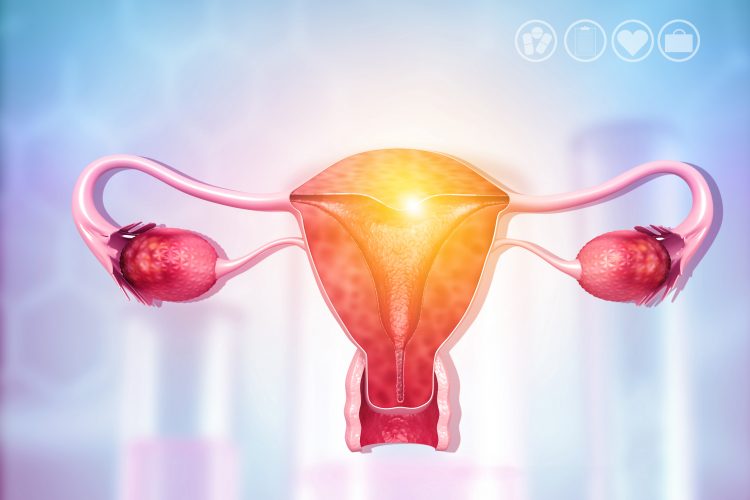EC approves Zejula (niraparib) as a monotherapy for advanced ovarian cancer
Posted: 2 November 2020 | Hannah Balfour (European Pharmaceutical Review) | No comments yet
The European Commission (EC) has approved Zejula, the first PARP-inhibitor monotherapy approved in the EU for patients with advanced ovarian cancer, regardless of their biomarker status.


The European Commission has approved GlaxoSmithKline (GSK)’s Zejula (niraparib), an oral, once-daily poly (ADP-ribose) polymerase (PARP) inhibitor, as first-line monotherapy maintenance treatment for adult patients with advanced epithelial (FIGO Stages III and IV) high-grade ovarian, fallopian tube or primary peritoneal cancer who are in complete or partial response following platinum-based chemotherapy.
According to GSK, this approval makes Zejula the only PARP inhibitor approved in the EU for use as a monotherapy for patients with advanced ovarian cancer, regardless of their biomarker status.
The approval was based on results from the Phase III PRIMA study, which enrolled patients with newly diagnosed advanced ovarian cancer who responded to first-line treatment with platinum-based chemotherapy. The primary endpoint was progression free survival (PFS) analysed sequentially, first in the homologous recombination deficient (HRd) population, then in the overall population.
According to the trial data, Zejula significantly improved PFS: in the HRd population, the drug resulted in a 57 percent reduction in the risk of disease progression or death versus placebo; in the overall population there was a 38 percent reduction in the risk of disease progression or death, compared to placebo. The company also reports that there was a 60 percent reduction in risk of progression in those with BRCA mutation tumours.
The safety profile was reported to be consistent with previous clinical studies. At initiation of the PRIMA study, patients received a fixed starting dose of 300mg of Zejula once-daily, this was later adapted to incorporate an individualised starting dose, either 200mg or 300mg of Zejula once-daily, based on the patient’s baseline weight and/or platelet count. Lower rates of grade three and four haematologic treatment-emergent adverse events were observed with an individualised starting dose, compared to the overall population.
Based on these findings, Zejula’s EU prescribing information has been updated to include the individualised starting dose once-daily based on the patient’s baseline weight and/or platelet count.
Dr Antonio Gonzalez-Martin, Co-Director of the Department of Medical Oncology, Clinica Universidad de Navarra, Spain, and Primary Investigator for PRIMA, said: “Until now, only women with BRCA-mutant (BRCAm) ovarian cancer, representing just 20 percent of patients with advanced ovarian cancer, were eligible to be treated with a PARP inhibitor as monotherapy in the first-line maintenance setting. Expanding the potential use of Zejula, regardless of biomarker status, is an important step forward in treating this challenging cancer.”
In April 2020, the US Food and Drug Administration (FDA) approved a supplemental New Drug Application (sNDA) for Zejula in the US for the same indication. This was also supported by data from the Phase III PRIMA study.
Related topics
Anti-Cancer Therapeutics, Clinical Trials, Drug Safety, Regulation & Legislation
Related organisations
European Commission (EC), GlaxoSmithKline (GSK), US Food and Drug Administration (FDA)









